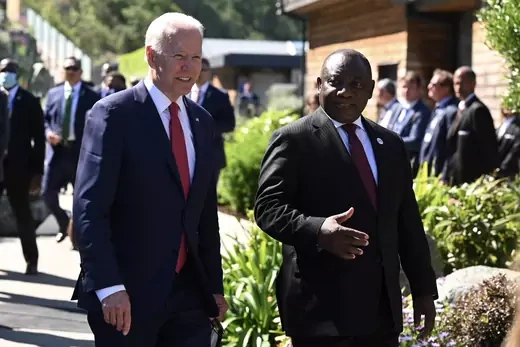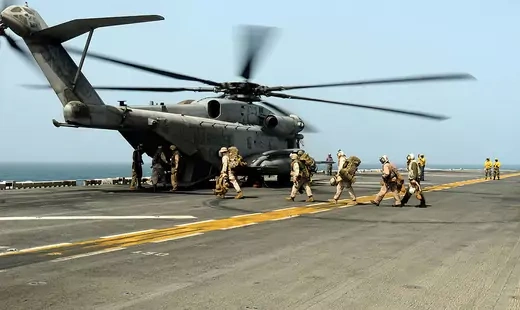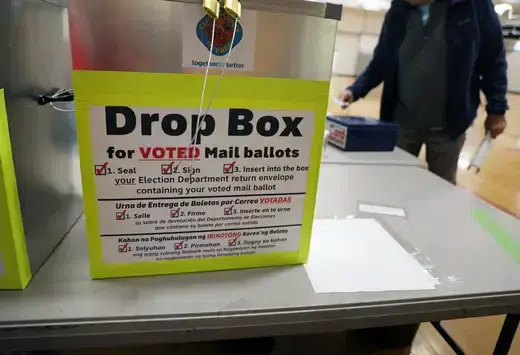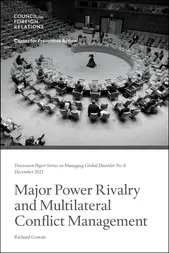- RealEcon
- Israel-Hamas
-
Topics
FeaturedInternational efforts, such as the Paris Agreement, aim to reduce greenhouse gas emissions. But experts say countries aren’t doing enough to limit dangerous global warming.
-
Regions
FeaturedIntroduction Throughout its decades of independence, Myanmar has struggled with military rule, civil war, poor governance, and widespread poverty. A military coup in February 2021 dashed hopes for…
Backgrounder by Lindsay Maizland January 31, 2022
-
Explainers
FeaturedDuring the 2020 presidential campaign, Joe Biden promised that his administration would make a “historic effort” to reduce long-running racial inequities in health. Tobacco use—the leading cause of p…
Interactive by Olivia Angelino, Thomas J. Bollyky, Elle Ruggiero and Isabella Turilli February 1, 2023 Global Health Program
-
Research & Analysis
FeaturedFollowing a long series of catastrophic misadventures in the Middle East over the last two decades, the American foreign policy community has tried to understand what went wrong. After weighing the e…
Book by Steven A. Cook June 3, 2024
-
Communities
Featured
Webinar with Carolyn Kissane and Irina A. Faskianos April 12, 2023
-
Events
FeaturedJohn Kerry discusses his work as U.S. special presidential envoy for climate, the challenges the United States faces, and the Biden administration’s priorities as it continues to address climate chan…
Virtual Event with John F. Kerry and Michael Froman March 1, 2024
- Related Sites
- More
June 10, 2021
U.S. Foreign PolicyAlthough major power competition on the African continent is a reality, it should not dominate the Biden administration’s vision for U.S.-Africa relations, argues Michelle Gavin in her new paper Majo…

September 15, 2020
AfghanistanAfghanistan Peace Talks Have Begun, Major Pitfalls Await
October 26, 2021
Wars and ConflictIn a new paper for the Managing Global Disorder Discussion Paper series, Tanvi Madan argues that the intensifying competition in South Asia and the Indian Ocean between the United States and China an…

May 10, 2024
United StatesEach Friday, I look at what the presidential contenders are saying about foreign policy. This Week: Joe Biden and Donald Trump remain locked in a tight contest where third-party candidates could deci…

December 13, 2021
Conflict PreventionDespite growing rivalry among the major powers, multilateral institutions like the United Nations can continue to play a vital role in the management of violent conflict. Washington should look for opportunities to work with these institutions and, where needed, bolster their role in cooperation with other powers to manage future regional threats to peace.

November 4, 2021
CompetitivenessThe United States should regard distrust, not cooperation, as a baseline condition for starting negotiations around shared global threats and challenges with other major powers, such as China and Russia.

 Online Store
Online Store
